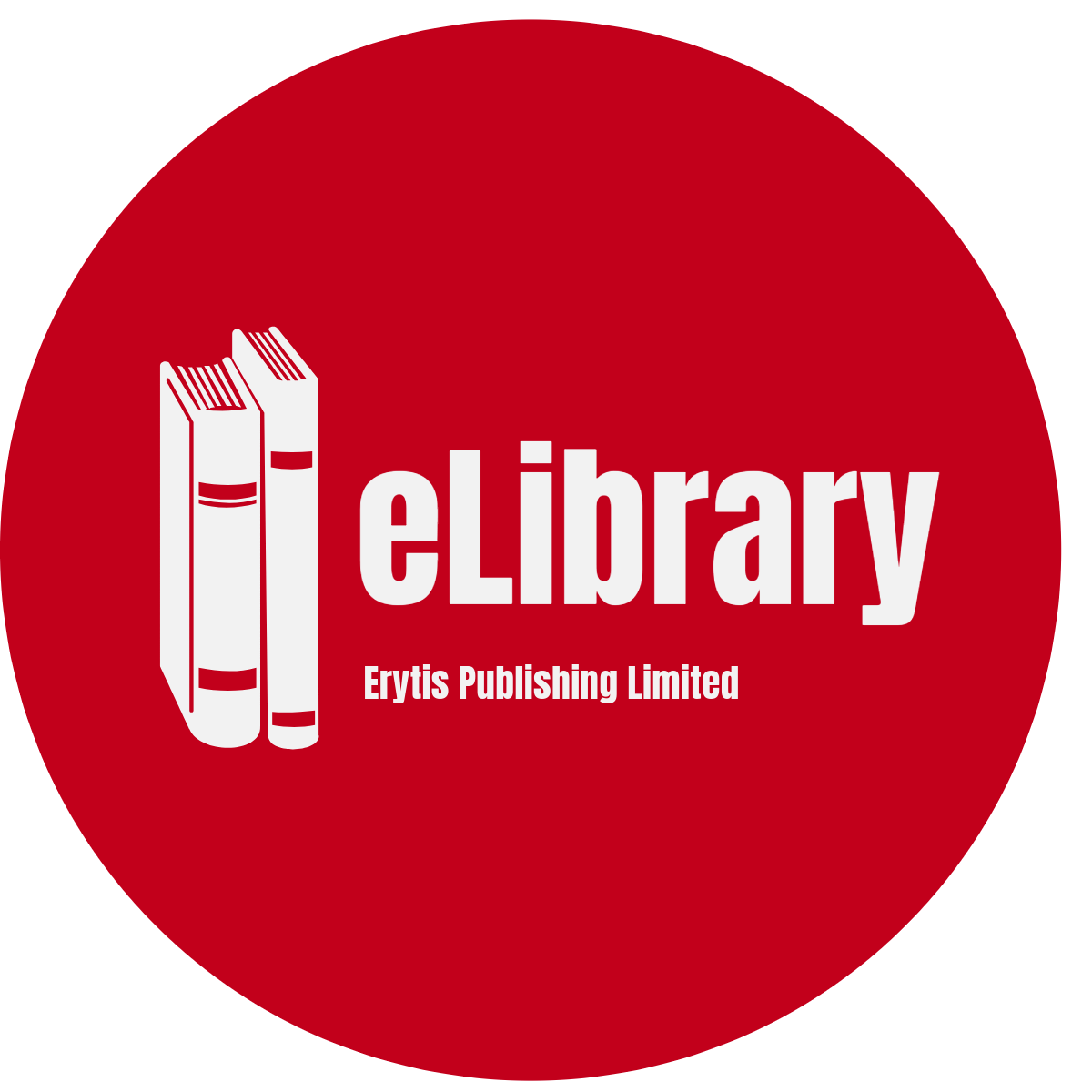




![]()
![]()
![]()
![]()


![]()
![]()


HOME
材料学辑要 Compendium of Materials Science (ISSN Print: 3079-5524, ISSN Online: 3079-5532) is an international, peer-reviewed Open Access (OA) journal dedicated to advancing the discovery, design, and application of materials across all scientific and technological frontiers. By synthesizing breakthroughs in material synthesis, characterization, and computational modeling, the journal serves as a global nexus for researchers, engineers, and industry leaders to address challenges in energy, sustainability, healthcare, and advanced manufacturing. Rooted in interdisciplinary collaboration, Compendium of Materials Science fosters innovation from atomic-scale insights to real-world applications, driving progress toward a sustainable and technologically empowered future.
Scope and Topics
The journal welcomes submissions spanning all domains of materials science, emphasizing innovation, scalability, and societal impact. Key areas include but are not limited to:
-
Fundamental Materials Research:
- Atomic-scale modeling, quantum materials, and topological insulators
- Phase transitions, defect engineering, and interfacial phenomena
- Biomimetic materials, self-assembly, and stimuli-responsive systems
-
Advanced Material Classes:
- Nanomaterials (e.g., graphene, MXenes, quantum dots)
- Energy materials (solar cells, batteries, supercapacitors, thermoelectrics)
- Soft materials (polymers, hydrogels, liquid crystals)
- Structural materials (high-entropy alloys, ceramics, composites)
-
Materials for Sustainability:
- Circular economy-driven material design and recycling technologies
- Carbon capture materials, green catalysis, and biodegradable polymers
- Lightweight materials for transportation and energy-efficient buildings
-
Functional & Smart Materials:
- Optoelectronic materials (LEDs, photodetectors, metasurfaces)
- Magnetic, superconducting, and spintronic materials
- 4D printing, shape-memory alloys, and adaptive coatings
-
Biomedical & Biohybrid Materials:
- Drug delivery systems, tissue engineering scaffolds, and bioinks
- Antimicrobial surfaces, biosensors, and implantable devices
- Neuro-electronic interfaces and bioelectronic materials
-
Computational & AI-Driven Materials Science:
- High-throughput screening, materials informatics, and generative AI
- Machine learning for property prediction and synthesis optimization
- Digital twins of material systems and multiscale simulations
-
Emerging Frontiers:
- Quantum materials for computing and communication
- Materials for fusion energy, space exploration, and extreme environments
- Ethical and societal implications of nanomaterials and AI in materials discovery
Journal Features
- Open Access: Freely accessible content under a Creative Commons CC BY 4.0 license, ensuring global knowledge democratization.
- Rapid Peer Review: Double-blind review by an international editorial board with a 4-week initial decision target.
- Interdisciplinary Focus: Integrates physics, chemistry, engineering, and data science perspectives.
- Data-Driven Science: Encourages open data sharing via platforms like Materials Cloud and NOMAD.
- Multilingual Support: Accepts submissions in English and Chinese (Chinese submissions require an extended English abstract).
Target Audience
Materials scientists, chemists, physicists, industrial R&D teams, policymakers, and graduate students shaping the future of energy, electronics, healthcare, and sustainable technologies.
Submission Guidelines
- Submission Types: Original research, reviews, computational studies, experimental methods, and perspective articles.
- Language Policy: Submissions in English preferred; Chinese submissions must include a full English translation of the abstract.
- Ethical Standards: Declaration of conflicts of interest, reproducibility protocols, and safety assessments for hazardous materials.
- Formatting: Follow journal templates (available online); supplementary datasets, 3D models, and code repositories are encouraged.
Publication & Indexing
- Continuous Publication: Rolling submissions with Online First access for timely dissemination.
- Multimedia Integration: Supports video abstracts, microscopy visuals, and interactive simulation demos.
Special Sections
- Materials for Net Zero: Innovations in carbon-neutral energy and resource recovery.
- Nanoarchitectonics: Atomically precise fabrication and functional nanodevices.
- Industry Spotlight: Case studies on scaling lab breakthroughs to commercial applications.
Compendium of Materials Science invites global innovators to redefine the boundaries of material possibilities. Join us in engineering tomorrow’s solutions—one atom at a time.



Erytis Publishing Limited
Always Open for Submissions
Peer-review
Online First
Open Access
Your work will be permanently available online, free to download, share and read
 Copyright © 2025 by authors and Erytis Publishing Limited.
Copyright © 2025 by authors and Erytis Publishing Limited.
Copyright and Licensing
Articles published by Erytis Publishing Limited journals are under a Creative Commons Attribution 4.0 International (CC BY 4.0) (https://creativecommons.org/licenses/by/4.0/) license, allowing users to copy, distribute and transmit an article and adapt the article and make commercial use of the article. The CC BY license permits commercial and non-commercial re-use of an open access article, as long as the author is properly attributed. This ensures that the work gets maximum exposure, and the authors receive due credit for their contribution.
Copyright on any open access article published by Erytis Publishing Limited is retained by the author(s). Authors grant Erytis Publishing Limited a license to publish the article and identify itself as the original publisher. Authors also grant any third party the right to use the article freely as long as its original authors, citation details and publisher are identified.





